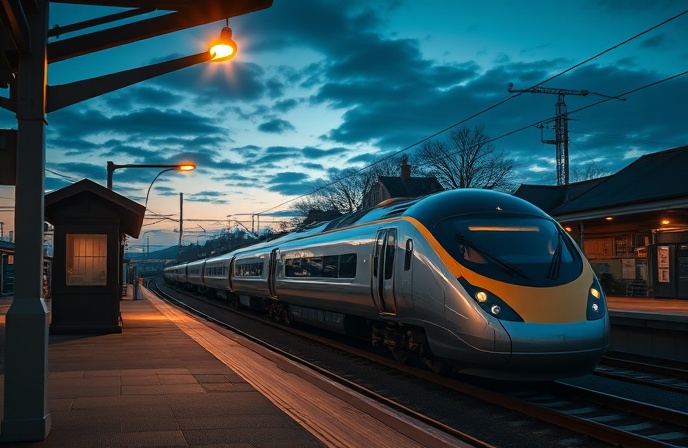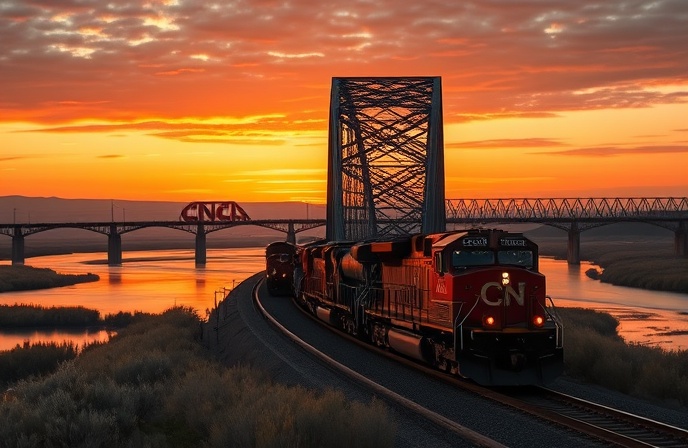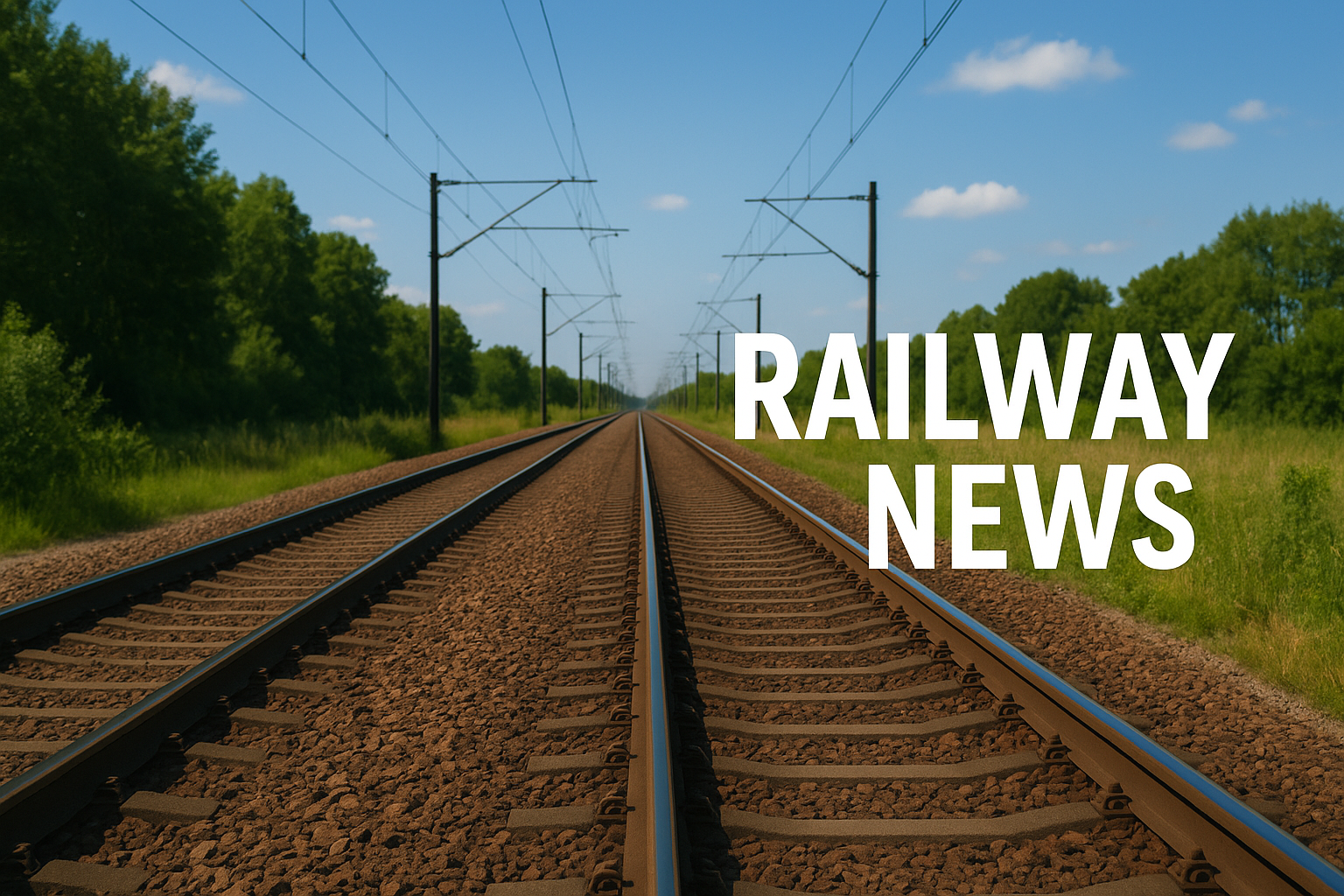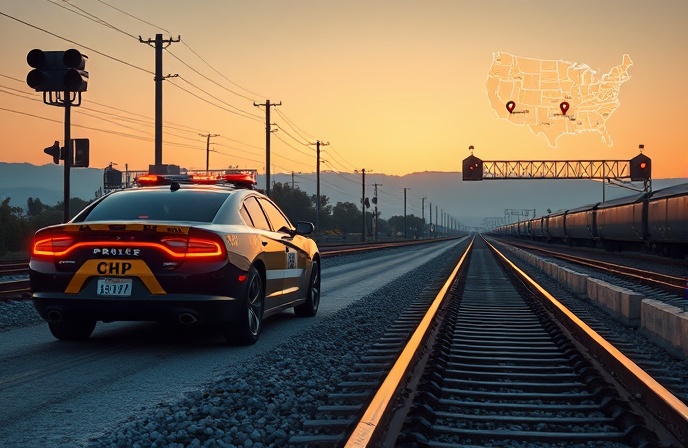England Freezes Rail Fares to Curb Inflation, Aid Commuters
England’s historic rail fare freeze, a first in 30 years, aims to ease the cost of living and boost **rail** travel. Commuters could save over £300 annually on **railway** journeys.

England’s rail fares will be frozen for the first time in 30 years, a significant move aimed at alleviating the cost of living crisis and incentivising a shift from road to rail. The decision, announced ahead of the Budget, applies to all regulated fares, a move the government estimates will save some commuters over £300 annually on busy routes.
| Key Entity | Critical Detail |
|---|---|
| Location | England |
| Core Action | Rail fare freeze on regulated fares |
| Budget/Value | Estimated saving of over £300 per year for some commuters |
| Date/Timeline | Effective next year (following March 2025 fare rise of 4.6%) |
The government has framed the unprecedented fare freeze as a direct measure to curb household inflation, with transport costs representing approximately 14% of typical consumer spending. This initiative targets a significant everyday expense for millions, directly impacting commuters reliant on season tickets, peak returns, and off-peak intercity travel, which constitute around 45% of all ticket types sold in England. Chancellor Rachel Reeves highlighted the freeze as a pivotal component of a broader strategy to reduce the cost of living, alleviate pressure on NHS waiting lists, and stabilise national debt. Transport Secretary Heidi Alexander affirmed the policy’s full funding and its potential to retain over £300 annually for passengers on more expensive routes, underscoring continued investment in the rail network.
Strategic Impact on Cost of Living and Modal Shift
By stabilising a major transport expense, the government aims to provide tangible financial relief to households grappling with rising costs. This policy is strategically designed to make rail travel more economically attractive compared to private vehicle use, potentially contributing to reduced road congestion and associated environmental benefits. The freeze is also positioned as a precursor to wider railway reforms, including the establishment of Great British Railways (GBR). This new, publicly owned entity is intended to streamline operations, modernise fare structures, and enhance the passenger experience through digital ticketing, tap-in/tap-out technology, and improved information systems. The long-term ambition articulated is to move away from annual, across-the-board fare increases towards a more transparent and predictable pricing model.
Operational Scope and Industry Response
The fare freeze encompasses a broad spectrum of regulated ticket types, including season tickets for most commuter journeys, long-distance off-peak returns, and flexible city-region tickets. However, unregulated fares, such as advance and some walk-up tickets, remain outside the scope of the freeze, although operators are expected to align their pricing broadly with regulated levels. Train operating companies have welcomed the announcement as beneficial for customers, pledging collaboration with the government on forthcoming reforms. Similarly, rail unions have endorsed the freeze, characterising it as a much-needed measure to support passengers facing ongoing cost-of-living pressures and advocating for a railway accessible to all through fair fares.
Political Landscape and Future Ambitions
The political reception to the fare freeze has been mixed, with opposition parties scrutinising past fare increases under previous administrations. Some figures from the Conservative and Liberal Democrat parties have questioned the extent of the freeze and its timing in proximity to the Budget. A government source has acknowledged that while regulated fares are frozen, independently set unregulated fares could still see increases, though historical trends suggest they often mirror regulated price movements. The policy’s exclusive application to services within England underscores the devolved nature of rail policy across the United Kingdom.





